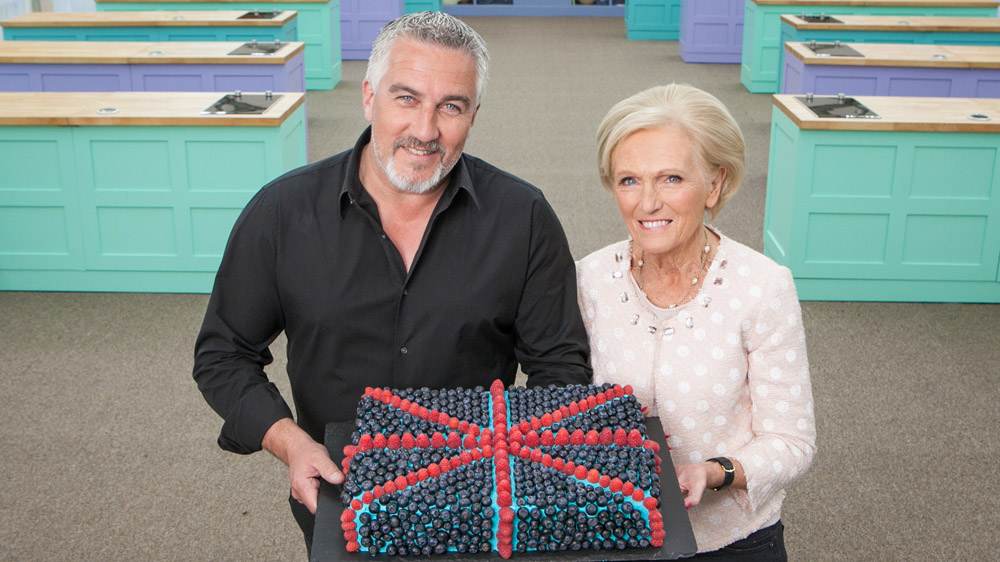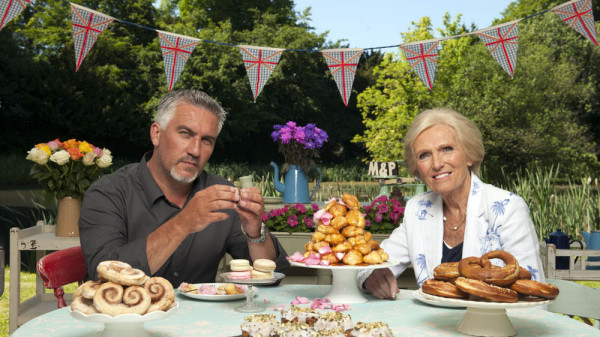In one of the more middle class TV scandals of the year, you’ll have no doubt heard that the BBC has parted ways with Love Productions, the creators of The Great British Bake Off.
With their demand for a significant fee increase rejected by the BBC, Love Productions took their business elsewhere and later struck a deal with Channel 4 to produce Bake Off. With a charity special due to air next year, and the first full season scheduled for 2018. But while there has been plenty of outcry on social media with everyone from Mark Gatiss to Alan Sugar weighing in, it doesn’t change the fact that the BBC absolutely did the right thing.
As of the most recent season, the BBC’s fee to Love Productions for the rights to Bake Off and its sister programmes was reportedly £7.5 million. A figure that they offered to double for next year. But Love Productions drew a line in the sand and refused to take anything less than £25 million.
So the BBC let the programme go, where it was snapped up by Channel 4; who were more than happy to put up the money that Love Productions were looking for. While a commercial network can plough as much money as they like into a popular show (as we saw with Game Of Thrones’ drastic budget increase this year), as a publicly funded organisation the BBC were put in an impossible situation.

Put simply: to more than triple Bake Off’s budget with no changes to the show itself would have been PR suicide. Especially in a time of massive cutbacks and with the renewal of the BBC’s charter on the horizon. But also, giving Love Productions the extra £17.5 million would have seriously affected other programmes.
Compared to big budget US television and film, it’s an absolute pittance. But for the BBC, it’s a big deal. Diverting an extra £17.5 million to Bake Off would either result in cuts across the board, or dropping some shows or services altogether. Something completely against the ethos of the BBC and how its funding model works.
They work with public money which, as part of their obligation as a public service broadcaster, funds content as diverse as high-end populist drama like The Night Manager, and two hours of a bus driving around Yorkshire. Their responsibility to the public is to use the license fee well and without bias. Stumping up an extra £17.5 million for one show with no practical gain is definitely not a responsible or unbiased use of public money.
Outside of the BBC letting Bake Off go, Channel 4 and Love Productions have really shot themselves in the foot. Channel 4 has spent £25 million on a show that they can’t broadcast until 2018 (with the exception of a charity special) for legal reasons, and will eventually pay another £50 million as part of a three year contract.

While Love Productions have not only suffered a big PR blow, but possibly damaged the show itself thanks to provoking the departure of presenters Sue Perkins and Mel Giedroyc. Who many fans see as an integral part of the Bake Off formula.
The question of the hour is what will the BBC do now? With their partnership with Love Productions dissolved; they have a gap in the schedules to fill, £7.5 million of budget to spend, the loyalty of Sue Perkins and Mel Giedroyc, and presumably of a lot of annoyed fans who won’t watch Bake Off on Channel 4. What they will do remains to be seen but they have all the pieces to make a pretty solid Bake Off knock-off. Much like what Amazon’s The Grand Tour is shaping up to be for Top Gear.
While it’s understandable that fans are disappointed, the BBC had a decision to make and they chose the lesser of two evils. Their responsibility is to the license fee payer, not the production companies. And to keep using public money responsibly, they refused to be held to ransom. And while Bake Off’s future is uncertain, there’s still the rest of the current season to enjoy before the bubble bursts.
Do you think the BBC did the right thing? Let us know below…

